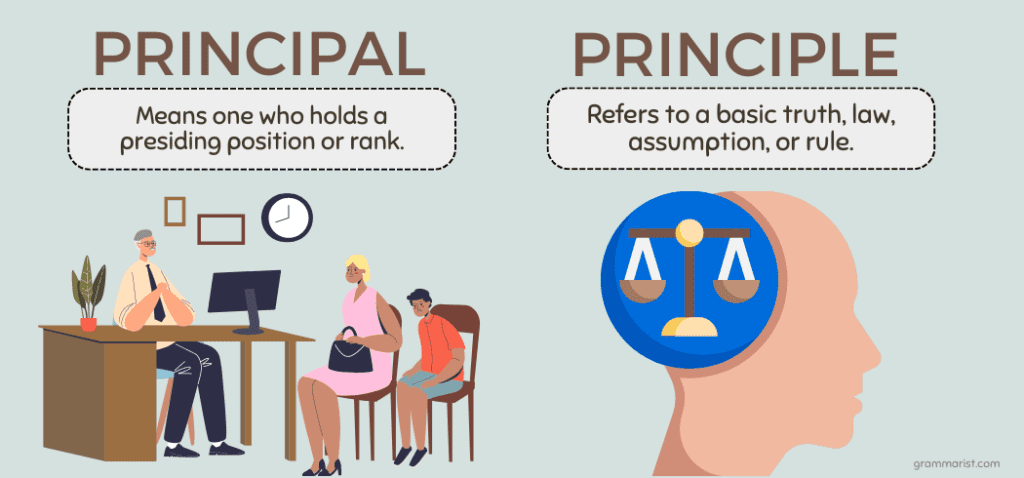


The Principal Project Manager also provides a partnering role with Customer and/or Partner Project Management teams Where applicable, provides a leading role to junior project managers and a supporting role to a senior Project Manager or Program Manager. The Principal Project Manager provides leadership to the overall team structure responsible for delivering the Project.

The Principal Project Manager has the communication skills to present an effective delivery approach during proposal reviews in front of the Customer The Principal Project Manager has a key role during the Bid Phase of the customer engagement focusing on shaping the overall delivery approach, including methodology, governance, project structure, organization, scoping, estimation and risk assessment.The Principal Project Manager has the relevant qualifications and business acumen to manage large scale, high risk, strategic projects that span organizational boundaries including multiple business units and service partners/vendors.The Principal Project Manager is responsible for the overall management of a complex Project throughout its lifecycle.We offer a highly collaborative, caring team environment with a strong focus on learning and development, recognition for your individual contributions, and a variety of benefit options for you to choose from.Apply now! How? We focus every day on building the foundation for tomorrow and creating a workplace that embraces differences, values flexibility, and is aligned to our purpose-driven and future-focused work. Most places who hire into middle management require at least 3 years of management experience.Our company culture is focused on helping our employees enable innovation by building breakthroughs together. If there are direct reports then you have to consider what the next step after Lead Engineer would be in 3-5 years. If there are no direct reports then I'd definitely not take the job, unless you hate your current job. You should find out whether the Lead Engineer at the new company has direct reports and how many. If you want to progress into management then you will need supervisory experience (hiring, firing, performance evals, assigning workloads, managing the schedules, budget authority). Ultimately you have to get the details and figure out whether it's up or down given the specifics. Without more details I think that it's a downgrade. Now I am that guy, and I don't want to downgrade from it at a new company. In a technical department, expertise/consulting/mentoring/solution requests go to 1-2 people in the team. The question is whether the job in the offer that they called lead engineer will be up or down from that. That is what I do now as a Principal Engineer. Some places trump up titles and some water them down. The OP should look at everything in deciding if something is a step forward or not and know his total comp to the penny (401k matching, total PTO days, total holidays, bonus structure, health insurance costs, merit increase policy etc). Agreed that Lead is not a very attractive title. In my experience titles matter less than the actual compensation and the type of position you want. But a Principal is also an engineer who is typically accountable/responsible for a team. Principal is likely not a supervisory position, but it certainly is above Lead both in compensation as well as in hierarchy. It's a cheap way for a company to hire a quasi-supervisor without having to pay supervisor rates. My recommendation is to stay the hell away from jobs that have "Lead" in the designation. A Lead is a bull**** designation which means that you are accountable for leading but you aren't compensated for it, you have zero HR powers (no hiring, firing, evals, giving out raises), but you will get reamed out when the team doesn't perform.


 0 kommentar(er)
0 kommentar(er)
